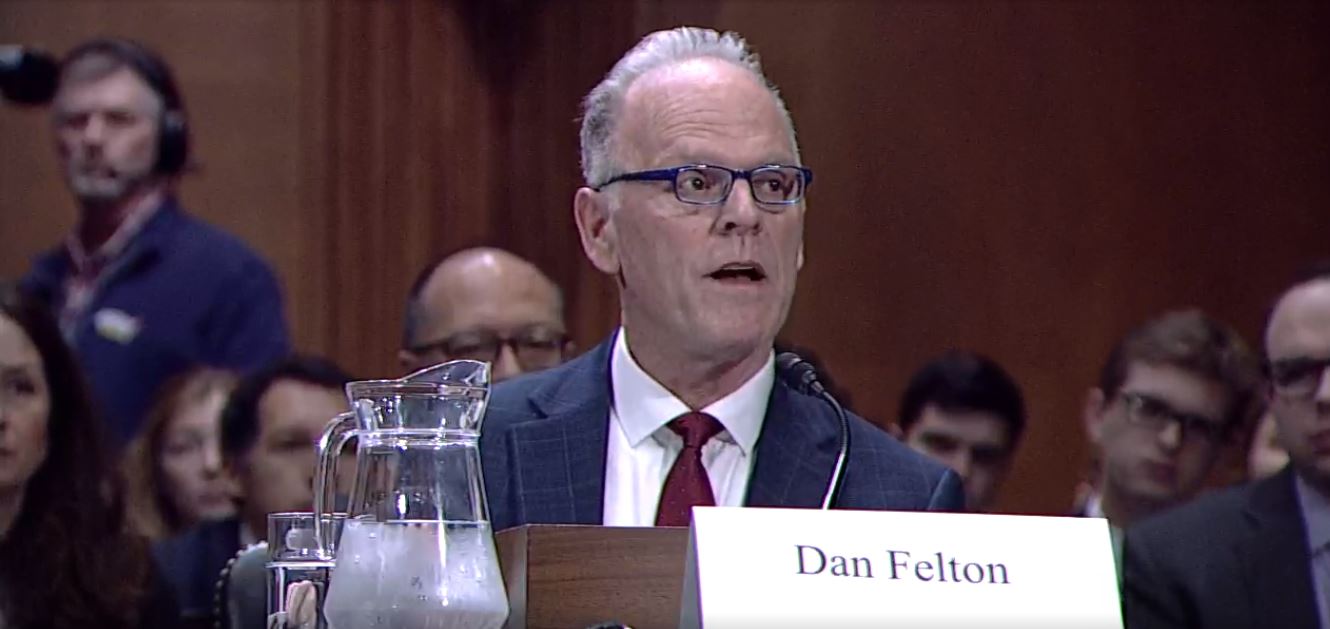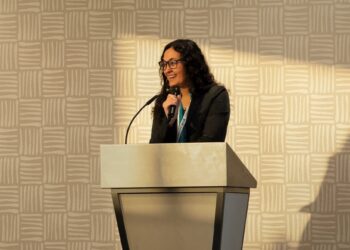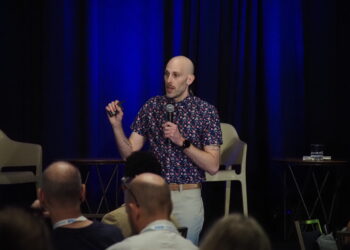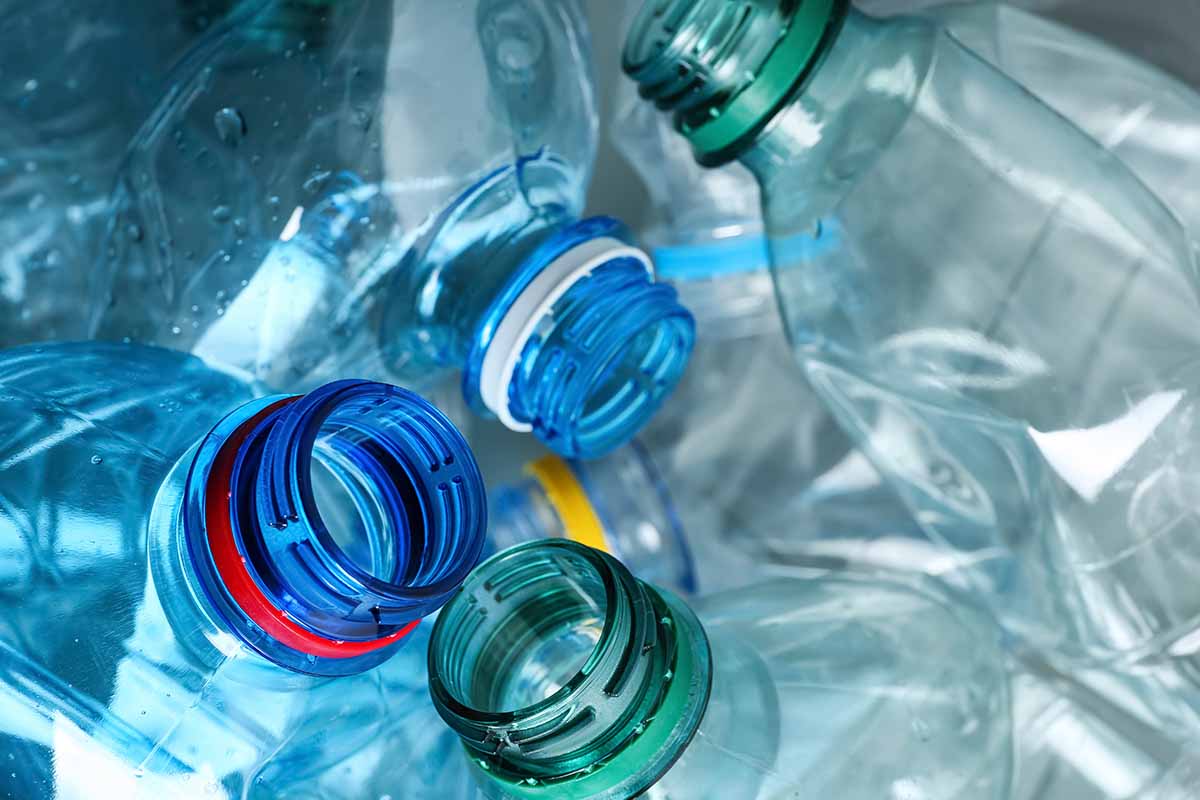Industry representatives from across the plastic chain – as well as an environmental NGO – all told a federal committee that they think federal extended producer responsibility for packaging is worth considering.
The Senate Committee of Environment & Public Works held a hearing on extended producer responsibility on March 6. The hearing, “EPR: Examining Extended Producer Responsibility Policies for Consumer Packaging,” featured Erin Simon, vice president of plastic waste and business for the World Wildlife Fund; H. Fisk Johnson, chairman and CEO of S. C. Johnson & Son; and Dan Felton, executive director of AMERIPEN.
Sen. Tom Carper of Delaware, a Democrat and chairman of the committee, said the purpose of the hearing was to see how the federal government could support EPR for packaging efforts as more states pass such laws.
“We’re hoping that today’s discussions sheds some light on the activity going on in our states and what the proper role of the federal government should be,” he said.
The hearing came around the same time as a group of environmental organizations and plastics stakeholders went to Washington to lobby for a bipartisan national bottle bill.
Carper noted midway through the roughly hour-long meeting that there were many people coming in to watch, “more than I’ve seen in a long time, many of them young people,” due to the importance of and interest in recycling.
Sen. Shelley Capito, Republican of West Virginia, said in the hearing that it’s not realistic to end all plastic production, but something does need to be done to curb pollution. She said EPR is a possible part of the solution, as is chemical recycling.
“My primary focus in evaluating extended producer responsibility policies under consideration is making sure they are grounded in reality and consider the downstream impacts to everyday consumers,” she said.
Capito also noted that a patchwork of EPR programs is not good for business, and “preventing this outcome … is why we need to bring these types of conversations about nationwide impacts of EPR policies.”
Johnson noted that his company has been working to increase reuse and refill options and become more sustainable, but “individual voluntary actions can only go so far.”
“For all of our company’s work and ambition on plastic, I can’t say I can raise my hand and say I feel good about the progress we have made,” he said. “I believe the only way to have an effective program is through a government regulatory framework. We believe federal EPR is the way to go.”
With such a framework, he said, companies can avoid over regulation and “expensive, ineffective, piecemeal approaches.”
WWF “is not anti-plastic,” Simon said, adding the organization recognizes that “plastics are essential to modern life.”
“They have helped us to overcome some insurmountable challenges, but the cost has been quite extreme,” she said.
WWF believes that the current linear economy needs to transform into a circular economy, and “policies like extended producer responsibility can be part of that solution,” Simon said, “ideally established at a federal level.”

“WWF hopes that the conversation this committee is leading today will help pave the way for Congress to develop and enact EPR legislation,” she said, and she believes that legislation can be bipartisan.
Felton said from AMERIPEN’s perspective, “we will support thoughtful packaging EPR proposals that properly balance the needs of all stakeholders. We will not support poorly designed packaging EPR proposals that we believe are not based in reality and will not result in positive environmental change and greater packaging recovery and recycling.”
Johnson said he believes there is “urgency to get started,” but Felton noted that AMERIPEN is not convinced that federal level EPR is necessary and “is not currently suggesting that there is an immediate need for a federal framework.”
“A deeper discussion is merited on how uniformity may be achieved if packaging EPR continues to expand in the U.S., and whether something could – or should – be done at the federal level,” Felton said. “To that end, AMERIPEN would be pleased to work with federal policymakers and other stakeholders to explore the potential need and design for any federal framework or program.”
Felton added that there is a lack of data, and the federal government could play an important role in data collection and possibly harmonization, “but states should have a lot of capability to meet their individual needs.”





























